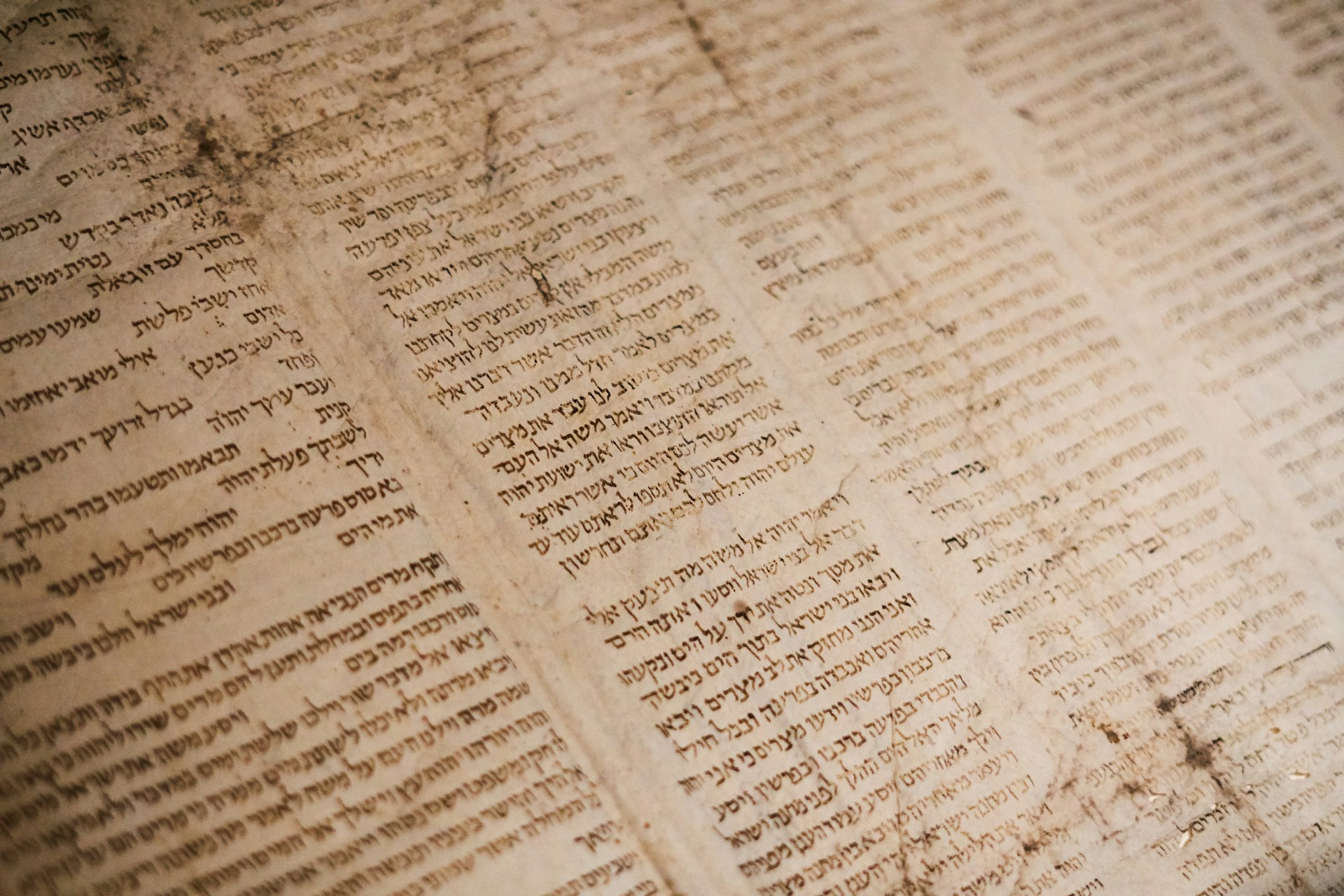The introduction of the Mosaic Law in Exodus 20 has been a topic of extensive theological discussion and interpretation. Using Scripture to interpret Scripture, it becomes evident that the Law was given to reveal humanity’s sinfulness. As Romans 3:20 states, “Therefore no one will be declared righteous in God’s sight by the works of the law; rather, through the law we become conscious of our sin.” This reflects the purpose of the Law as a means to show people their inherent sinfulness.
Mirror of Sinfulness
Logically, without a law, there can be no transgression. Romans 4:15 confirms this: “Where there is no law, there is no transgression.” The Law was thus given to highlight the sinful nature already present in humanity, demonstrating the need for divine intervention.
This fundamental purpose of the Law is often misunderstood or challenged. Some argue that the Law was introduced as a response to Israel’s arrogance, suggesting it was not part of God’s original plan but a reaction to the Israelites’ claim that they could fulfill God’s requirements through their own strength, as reflected in Exodus 19:8 where the people declare, “We will do everything the Lord has said.”
While it is true that God imposed the Law to address human arrogance (as Paul points out in Galatians 3:19, “Why, then, was the law given at all? It was added because of transgressions”), it does not imply that the Law was merely reactionary. To suggest that the Law was not part of God’s overarching plan from the beginning is to misunderstand God’s omniscience and sovereignty. Ephesians 1:4 affirms that God chose us “before the creation of the world to be holy and blameless in his sight.” God, in His omniscience, knew humanity’s propensity towards sin and had already planned accordingly.
Eternal and Universal
The notion that God is influenced by human actions and changes His mind in response undermines His immutability, as stated in Malachi 3:6, “I the Lord do not change.” God’s foreknowledge and preordained plan included the Law as a means to demonstrate the depth of human sinfulness and the need for a Savior. Just as God foresaw Adam and Eve’s transgression, He also anticipated Israel’s failure to uphold the Law, setting the stage for the ultimate fulfillment of the Law in Jesus Christ (Matthew 5:17).
Furthermore, the application of the Law transcends the Jewish context and extends to all humanity. Paul’s letters, especially to the Romans and the Galatians, reveal that the principles of the Law are universal. Romans 2:14-15 indicates that even Gentiles, who do not have the Law, show that the requirements of the Law are written on their hearts. This suggests that the moral imperatives of the Law are intrinsically understood by all people, irrespective of their ethnic or religious background.
The Law’s relevance to Gentiles is not confined to a specific era or ethnicity. From an eternal perspective, the Law existed in the mind of God before it was given to Moses. John 1:1-3 elucidates that the Word, which later became flesh in Jesus, was with God in the beginning. Thus, the principles of the Law, as an expression of God’s nature and will, are eternal and preexistent. This understanding is crucial for Paul’s application of the Law to the Gentiles. It implies that the Law is not a later addition but an integral part of God’s eternal plan.
Necessary for Propitiation
Crucially, for Gentiles to receive propitiation and forgiveness of their sins, they had to align with the foundational principles by which the concept of propitiation is built—the Jewish ritual laws. Hebrews 9:22 emphasizes, “without the shedding of blood there is no forgiveness,” pointing to the necessity of a sacrificial system. For Gentiles, having an acceptable priest and an acceptable sacrifice was essential for their forgiveness. They could not produce these on their own, but God fulfilled these requirements through Christ, the ultimate High Priest (Hebrews 4:14) and the perfect sacrifice (1 John 2:2).
To understand and accept propitiation, the Gentiles needed to recognize the Law as the framework that explains how atonement and sacrifice work. Romans 3:21-22 explains that righteousness from God comes through faith in Jesus Christ to all who believe, both Jew and Gentile, demonstrating that the Law serves as the foundation for understanding salvation through Christ.
Therefore, the argument that the Law was never applicable to Gentiles or only partially applicable misinterprets the comprehensive nature of God’s redemptive plan. The sacrificial system, which pointed to Jesus’ ultimate sacrifice, included ceremonial, dietary, and ritual laws. These laws were preparatory, foreshadowing the perfect sacrifice of Christ. As Paul states in Ephesians 2:15, Christ “set aside in his flesh the law with its commands and regulations,” making a way for Gentiles to be fully included in God’s covenant through faith in Jesus.
For God’s Glory Through Christ
The Law allowed human depravity to be fully exposed so that God’s grace could be magnified through Jesus Christ, as Paul writes in Romans 5:20-21, “The law was brought in so that the trespass might increase. But where sin increased, grace increased all the more.” This was not a reaction from God but a deliberate part of His redemptive plan, demonstrating His righteousness and justice.
In conclusion, the Law was not a reactionary measure but an integral part of God’s eternal plan. It serves to highlight human sinfulness, the need for divine grace, and the ultimate fulfillment in Jesus Christ. Its universal applicability underscores that it is not confined to a specific people or time but is preexistent and eternal, reflecting the unchanging nature of God. Gentiles, to fully partake in the propitiation offered by Christ, needed to understand and accept the Law as the foundation of atonement, fulfilled perfectly in Jesus.
Photo by Tanner Mardis on Unsplash
Disclosure: Written with the help of AI.
